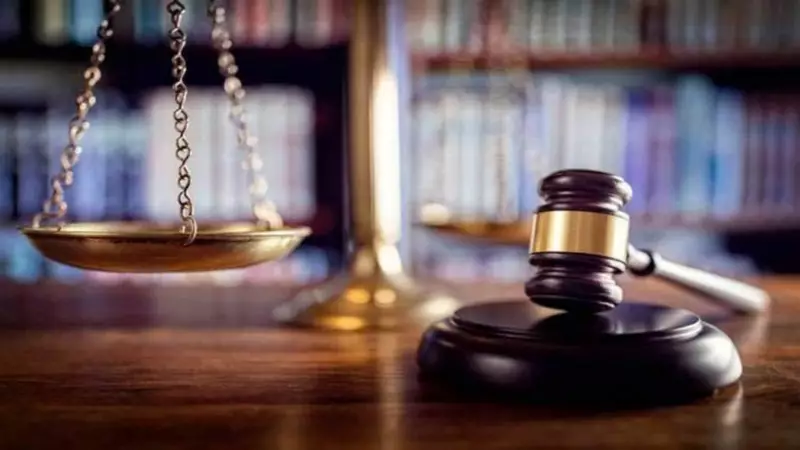
In a significant development that underscores the gravity of custodial deaths, the Supreme Court of India has issued crucial directives to Mumbai authorities concerning the tragic case of an undertrial prisoner who died while in judicial custody.
Court's Stringent Directives for Evidence Preservation
The apex court has explicitly ordered the preservation of all critical evidence, including:
- Complete CCTV footage from the prison facility
- All medical records and treatment documents
- Post-mortem reports and forensic evidence
- Official communications and custody records
Background of the Case
The case involves an undertrial prisoner whose death in Mumbai's judicial custody has raised alarming questions about prison conditions and inmate safety. While specific details about the deceased individual are being withheld for legal reasons, the circumstances surrounding the death have prompted judicial intervention at the highest level.
Judicial Scrutiny and Accountability
The Supreme Court's intervention came during proceedings where the bench expressed serious concerns about the incident. The court emphasized that proper preservation of evidence is fundamental to ensuring a transparent investigation and delivering justice.
This directive serves multiple crucial purposes:
- Ensuring evidence isn't tampered with or destroyed
- Facilitating a fair and impartial investigation
- Maintaining public confidence in the judicial system
- Establishing accountability in custodial matters
Broader Implications for Prison Reforms
This case has reignited discussions about much-needed prison reforms across India. Legal experts suggest that such judicial interventions are essential for:
- Improving prison infrastructure and monitoring systems
- Ensuring proper medical facilities for inmates
- Strengthening accountability mechanisms
- Protecting the fundamental rights of prisoners
The Supreme Court's firm stance in this matter sends a clear message about the judiciary's commitment to upholding human rights and ensuring transparency in custodial operations. As the investigation progresses, all eyes remain on how this case will shape future protocols for prisoner safety and custodial accountability in India.





